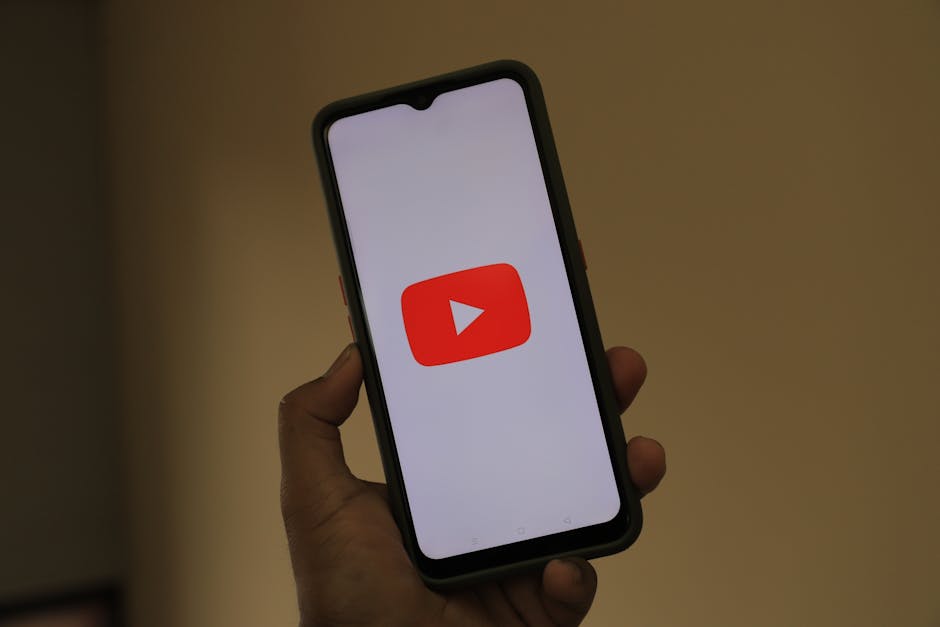A successful career in the music and entertainment industry hinges on more than just talent. While innate ability forms the foundation, strategic marketing acts as the architect, constructing a path to visibility, engagement, and ultimately, sustainable success. It’s a multifaceted process involving careful planning, consistent execution, and a deep understanding of the target audience and the ever-evolving industry landscape. This article explores the multifaceted role marketing plays in propelling an artist’s career forward.
Brand Building: Forging an Artist’s Identity
Effective marketing begins with crafting a compelling artist brand. This goes beyond just a name and logo; it encompasses the artist’s unique selling proposition (USP), their artistic vision, and their overall persona. This involves identifying what sets the artist apart from the competition. Are they known for their lyrical depth, innovative soundscapes, captivating stage presence, or perhaps a unique visual aesthetic? Understanding and communicating this USP consistently across all platforms is paramount. This brand identity guides the creative direction of marketing materials, from album artwork and social media posts to press releases and website design, ensuring a cohesive and memorable image. Consistency builds recognition and fosters a loyal fanbase.
Audience Engagement: Fostering Connections and Building Loyalty
Marketing is not a one-way street. It involves actively engaging with the target audience, fostering a sense of community, and nurturing relationships with fans. This requires utilizing various digital platforms to connect with listeners. Social media plays a critical role, enabling direct communication, sharing updates, behind-the-scenes content, and fostering interactive dialogues. Engaging content, such as live streams, Q&A sessions, and contests, keeps fans invested and encourages word-of-mouth marketing, a powerful tool in the music industry. Email marketing can also be effective, providing a more direct line of communication for announcements, exclusive content, and updates on tour dates. The key is to provide value to the audience and build genuine connections that transcend mere transactions.
Strategic Promotion: Reaching the Target Audience
Strategic promotion involves identifying and reaching the specific audience most likely to resonate with the artist’s music. This requires understanding demographic trends, musical tastes, and online behavior patterns. Different marketing approaches work for different artists. A rising indie artist might focus on building a strong online presence through social media and targeted advertising, while a more established artist might prioritize collaborations, radio play, and festival appearances. Digital distribution platforms like Spotify, Apple Music, and YouTube Music are crucial for reaching a broad audience, and optimizing profiles on these platforms with high-quality artwork, compelling bios, and regular updates is vital. Traditional methods such as radio promotion, print advertising, and publicity through music publications also still hold value depending on the artist’s genre and target demographic.
Public Relations and Media Outreach: Managing the Narrative
Public relations (PR) plays a critical role in shaping public perception of the artist. It involves managing the artist’s image and reputation through strategic communication with the media. This includes crafting compelling press releases announcing new releases, securing interviews with relevant media outlets, and managing online reviews. Positive press coverage can significantly boost an artist’s credibility and visibility, expanding reach to a wider audience. Effective PR also involves proactively addressing any negative publicity or controversies that may arise, minimizing damage and maintaining a positive image.
Data Analytics and Performance Measurement: Refining Strategy
Marketing campaigns should not operate in a vacuum. Data analytics provides critical insights into campaign performance, enabling marketers to measure the effectiveness of their efforts and refine their strategies accordingly. By tracking key metrics such as website traffic, social media engagement, streaming numbers, and ticket sales, artists can gain a deeper understanding of what resonates with their audience and what needs improvement. This data-driven approach allows for continuous optimization of marketing strategies, ensuring resources are allocated effectively and maximizing ROI.
Navigating the Digital Landscape: Utilizing Emerging Trends
The music and entertainment industry is constantly evolving, with new technologies and platforms emerging regularly. Successful artists and their marketing teams must adapt and embrace these changes. This means keeping abreast of the latest trends in social media, digital marketing, and music technology. Exploring new avenues for audience engagement, such as virtual reality concerts, interactive experiences, and innovative use of social media filters and effects, can set artists apart from the competition. Staying ahead of the curve requires continuous learning and a willingness to experiment with novel approaches.
Financial Management: A Crucial Aspect of Marketing Success
Effective marketing requires a budget. From recording and production costs to promotional campaigns and marketing materials, artists need to manage their finances strategically to maximize their return on investment (ROI). Developing a realistic marketing budget and tracking expenses is crucial to ensure sustainability. Furthermore, understanding the various revenue streams available to artists, such as album sales, streaming royalties, merchandise sales, and live performances, allows for a comprehensive financial planning that supports long-term marketing success.
Collaboration and Networking: Building Strategic Partnerships
Success in the music and entertainment industry is rarely achieved in isolation. Building a strong network of collaborators, including managers, publicists, agents, and other artists, is vital. These relationships can provide access to valuable resources, opportunities, and expertise. Collaborating with other artists can also expand an artist’s reach and introduce them to new audiences. Attending industry events, networking with other professionals, and building genuine relationships can significantly enhance an artist’s marketing efforts and long-term success.
In conclusion, marketing plays a pivotal role in shaping an artist’s career. It’s a complex, multifaceted process demanding a strategic approach that encompasses brand building, audience engagement, strategic promotion, PR, data analysis, adaptation to the digital landscape, financial management, and collaboration. By mastering these elements, artists can not only achieve initial success but also build a sustainable and thriving career in the demanding world of music and entertainment. The artist’s talent provides the foundation; marketing builds the edifice.
